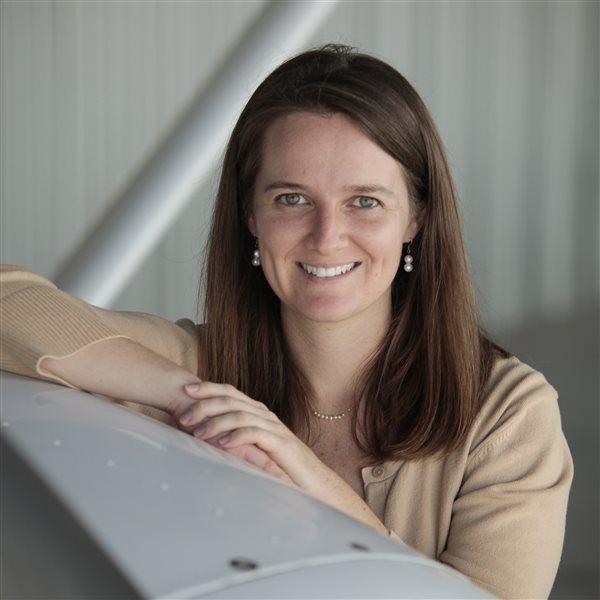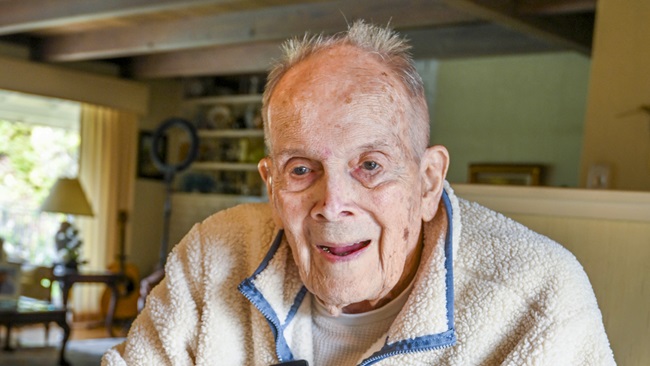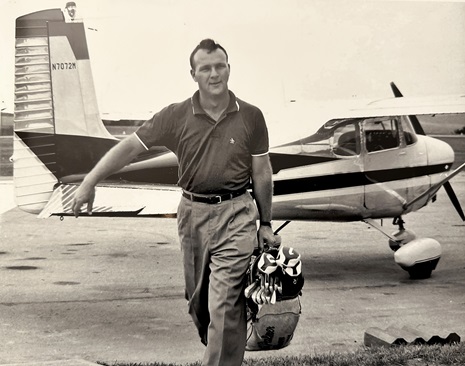Doolittle Tokyo Raider Dick Cole was a 'national hero'
World War II veteran dies at age 103
U.S. Air Force Retired Lt. Col. Richard Cole, who served as Jimmy Doolittle’s copilot as they flew the first North American B–25 Mitchell bomber off the USS Hornet on April 18, 1942, to bomb Tokyo during World War II, died April 9 at the age of 103. Cole was the last living Doolittle Tokyo Raider.
“They call him a national hero, but he was bigger than that,” said Tom Casey, president of the Doolittle Tokyo Raiders Association, adding that Cole was a was a kind, gentle family man who lived with honesty and sincerity. “He was like a dad to me.”
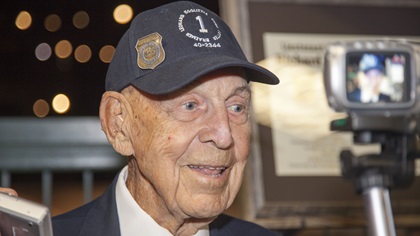
Born in Dayton, Ohio, on Sept. 7, 1915, Cole was commissioned into the military on Nov. 22, 1940. He finished flight training in 1941 and later volunteered for a secret mission following Japan’s Dec. 7, 1941, attack on Pearl Harbor. Cole trained for short-field takeoffs in B–25s at Eglin Field in Florida—much shorter than bombers had ever done: 287 feet was the shortest takeoff distance logged, according to the National Museum of the U.S. Air Force. It wasn’t until he and 79 other crewmembers, along with 10,000 U.S. Navy personnel, boarded the USS Hornet that they learned of their dangerous mission—launching bombers off an aircraft carrier to attack Japan’s mainland. In a 2012 interview, Cole said “nobody jumped ship” after they pondered the assignment’s implications.
“It was impossible,” Casey said of the mission. “No one thought it would be done on an aircraft carrier.”
Cole and Doolittle were the first to launch—eight hours earlier than planned and 650 miles out to sea. Cole was scheduled to fly with another pilot who became ill, so Doolittle stepped in. Known as Crew 1, they dropped the first bomb on Japan. After running low on fuel, Doolittle’s crew had to bail out over the mountains in China, where locals helped escort them to safety.
After the raid on Tokyo, Cole continued to serve in influential roles during World War II before returning home. He helped to develop routes across “The Hump,” flying more than 300 missions between India and China over the Himalayan Mountains during a 13-month period, according to Casey. He then returned home but volunteered to go back to China to serve with the 1st Air Commandos, which Cole considered one of his greatest accomplishments, said Larry Kelley, a close friend of Cole’s who often joined him at events with the B–25 Panchito.
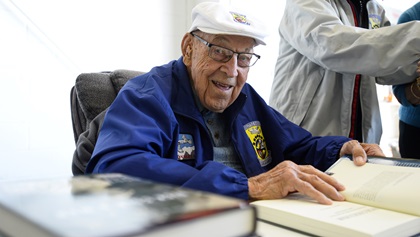
Cole retired from the military in 1967, but he worked to keep the events of World War II on the minds of younger generations through appearances at airshows and other events. During one such event at AOPA’s National Aviation Community Center in Frederick, Maryland, in 2015 when Cole was 100, he took time out from signing books to talk to a 13-year-old who was working on a school project about the Doolittle Tokyo Raiders.
Cole was “a very tough man when it came down to the Raiders and protecting their legacy,” Casey noted. The two established the James H. Doolittle Fund more than 10 years ago to provide scholarships for those entering the aviation industry. Donations and sales from memorabilia and his book, Dick Cole’s War, have grown the fund to nearly $1 million.
Cole was so highly regarded that when he was recovering from an illness a year and a half ago, he received personal telephone calls at home from President Donald Trump and former president George W. Bush, according to Casey and Kelley.
“I don’t believe I’ve ever met a man more dedicated to airmen, to his family, to his country,” Kelley said. “It was never about him but what he could do for other people.” Cole had “tremendous respect for the World War II veterans.”
According to the Air Force Times, Cole retired with a Distinguished Flying Cross "with two oak leaf clusters, the Bronze Star, and the Air Force Commendation Medal." The Doolittle Tokyo Raiders received the Congressional Gold Medal in 2015. Cole will be honored during a memorial service at Randolph Air Force Base in Texas on April 18, which will be the seventy-seventh anniversary of the Doolittle Tokyo Raid. On April 20, the USS Hornet Air, Sea, and Space Museum will pay tribute to Cole and commemorate the raid's anniversary. A date has not yet been set for his interment at Arlington National Cemetery.
